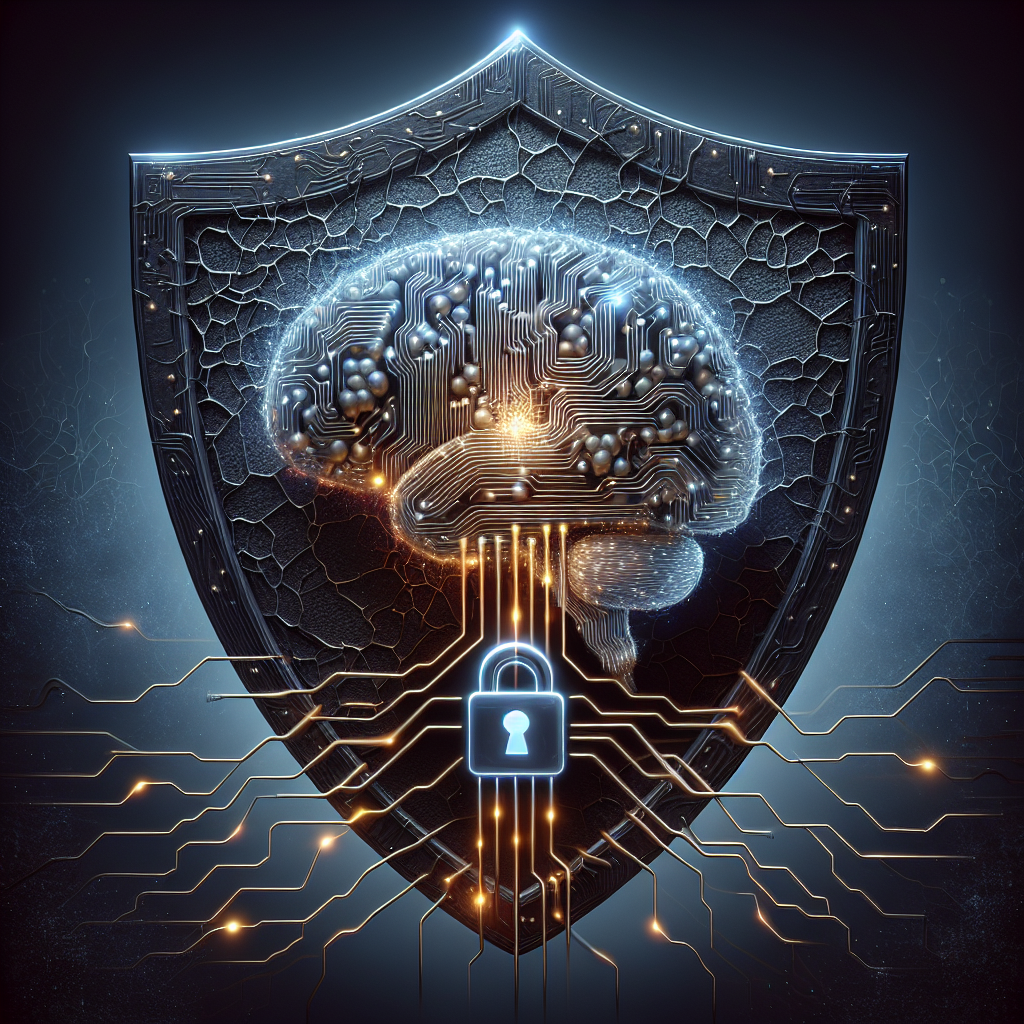The Risks of AI in National Security: Threats to Sovereignty
Artificial intelligence (AI) has become a major focus in the realm of national security, with many countries investing heavily in AI technologies to gain a strategic advantage. While AI has the potential to revolutionize the way countries defend themselves and conduct warfare, it also poses significant risks to national sovereignty. In this article, we will explore the potential threats that AI poses to national security and sovereignty, as well as the challenges that policymakers face in addressing these risks.
One of the key risks of AI in national security is the potential for autonomous weapons systems to be used in warfare. These systems, which can operate without human intervention, have the ability to make decisions and take actions on their own. While autonomous weapons systems have the potential to increase the efficiency and effectiveness of military operations, they also raise serious ethical and legal concerns. For example, there is a risk that autonomous weapons systems could be used to violate international humanitarian law by targeting civilians or committing other war crimes.
Another risk of AI in national security is the potential for AI systems to be hacked or manipulated by malicious actors. As AI becomes more prevalent in military operations, the risk of cyber attacks targeting AI systems increases. These attacks could have devastating consequences, such as disrupting critical infrastructure or compromising sensitive information. In addition, there is a risk that AI systems could be manipulated by foreign powers to undermine a country’s national security interests.
Furthermore, the use of AI in national security raises concerns about data privacy and surveillance. AI systems have the ability to analyze vast amounts of data and identify patterns and trends that humans may not be able to detect. While this capability can be valuable for intelligence gathering and threat detection, it also raises questions about the use of AI for mass surveillance and the potential for abuses of power. There is a risk that AI systems could be used to infringe on individual privacy rights and undermine democratic principles.
In addition to these risks, the proliferation of AI in national security raises concerns about the potential for an AI arms race. As countries invest in AI technologies to gain a military advantage, there is a risk that this could lead to an escalation of tensions and conflicts between nations. This could destabilize the international security environment and increase the likelihood of conflict.
Addressing the risks of AI in national security poses significant challenges for policymakers. One of the key challenges is developing regulations and norms to govern the use of AI in military operations. There is currently a lack of international consensus on how AI should be used in warfare, which makes it difficult to establish clear rules and guidelines for its use. In addition, there is a need to develop mechanisms for accountability and oversight to ensure that AI systems are used in a responsible and ethical manner.
Another challenge is building trust and cooperation between countries to address the risks of AI in national security. Given the global nature of AI technology, it is essential for countries to work together to develop common standards and protocols for the use of AI in military operations. This requires a high level of transparency and communication between nations to build trust and reduce the risk of misunderstandings and conflicts.
In conclusion, the risks of AI in national security are significant and pose a threat to national sovereignty. Addressing these risks requires policymakers to develop regulations and norms to govern the use of AI in military operations, as well as to build trust and cooperation between countries. By taking proactive steps to address these risks, countries can harness the potential of AI technology while safeguarding their national security interests.
FAQs
Q: What are some examples of autonomous weapons systems?
A: Some examples of autonomous weapons systems include drones, unmanned ground vehicles, and autonomous submarines. These systems have the ability to operate without human intervention and make decisions on their own.
Q: How can countries protect themselves from cyber attacks on AI systems?
A: Countries can protect themselves from cyber attacks on AI systems by implementing strong cybersecurity measures, such as encryption, firewalls, and intrusion detection systems. They can also conduct regular security audits and updates to ensure that their systems are secure.
Q: What are some ethical concerns related to the use of AI in national security?
A: Some ethical concerns related to the use of AI in national security include the potential for autonomous weapons systems to violate international humanitarian law, the risk of mass surveillance and privacy violations, and the potential for AI to be used in a way that undermines democratic principles.
Q: How can countries work together to address the risks of AI in national security?
A: Countries can work together to address the risks of AI in national security by developing common standards and protocols for the use of AI in military operations, establishing mechanisms for accountability and oversight, and building trust and cooperation through open communication and transparency.

